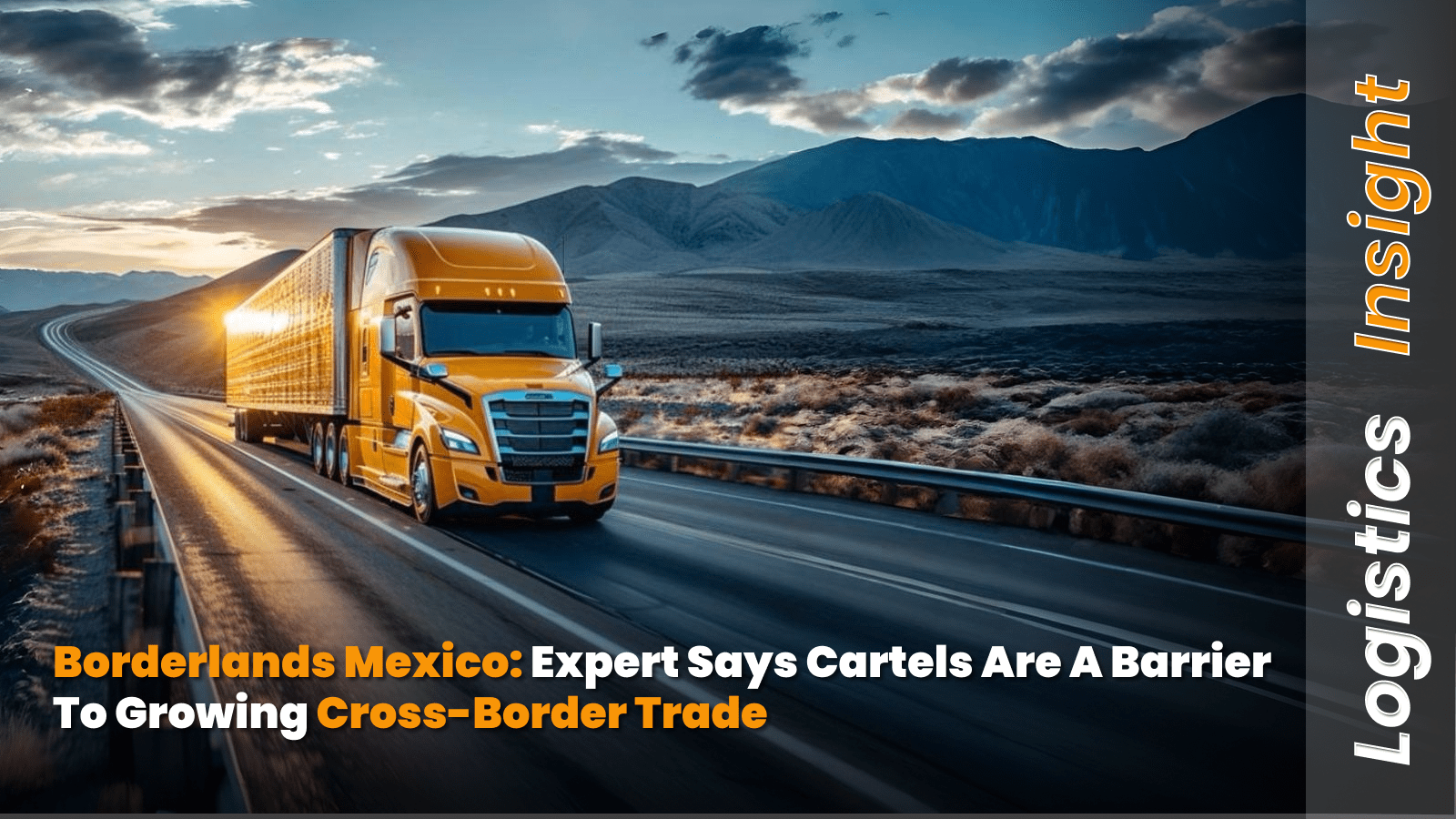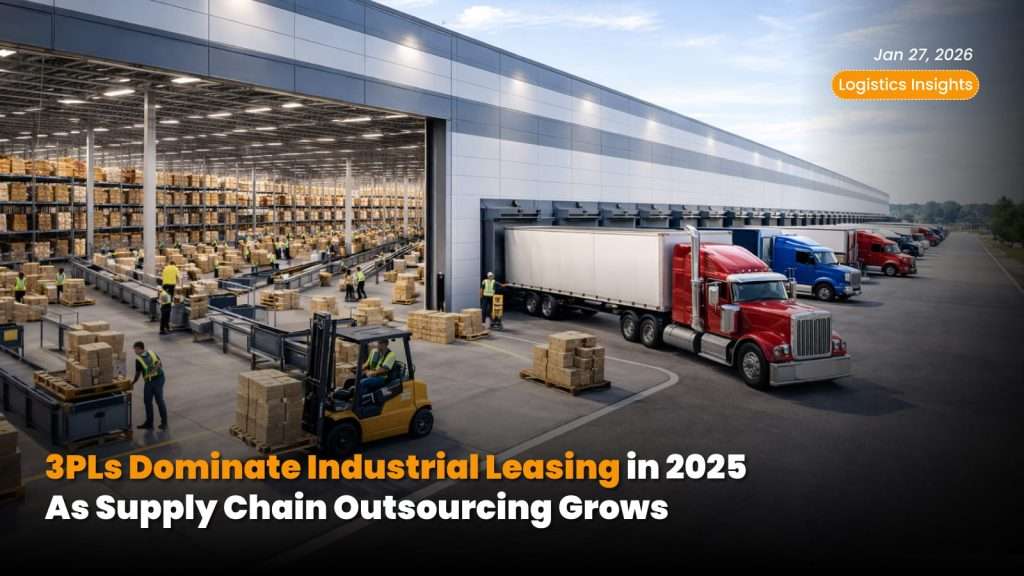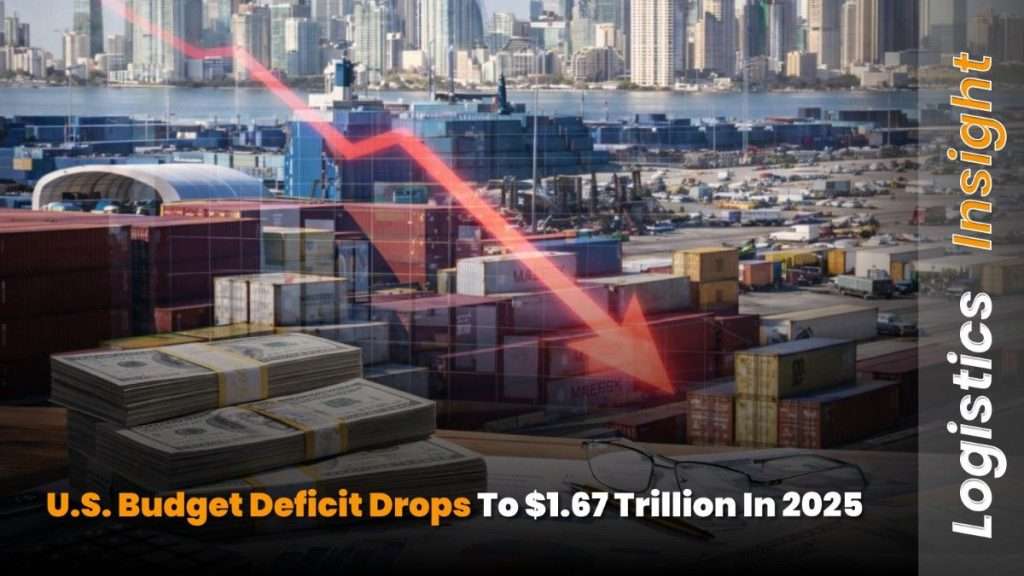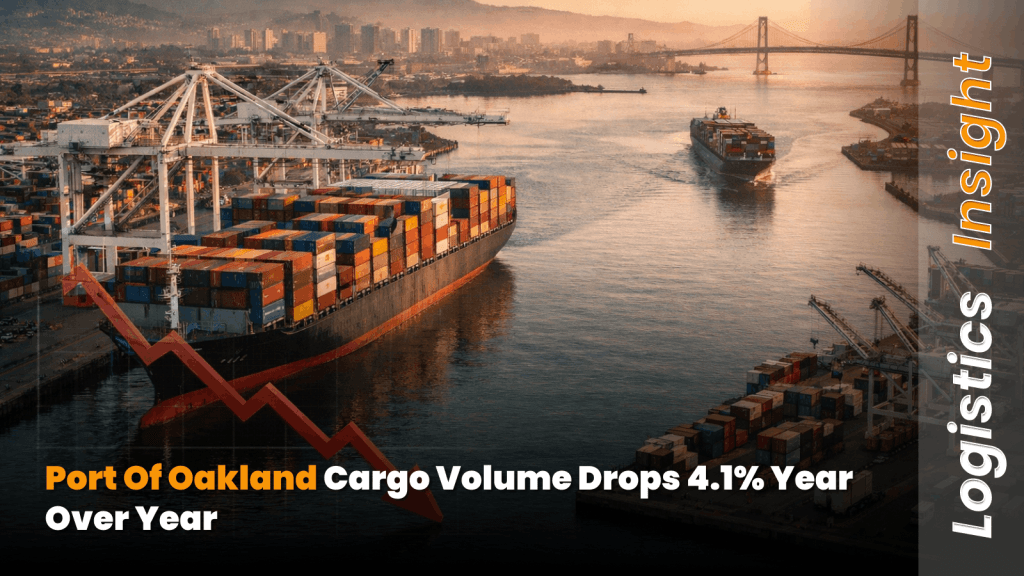
Borderlands Mexico: Expert Says Cartels Are a Barrier to Growing Cross-Border Trade
Mexico Wants to Grow Trade, But Security is a Big Concern
Mexico has launched an ambitious plan to boost its economy and increase trade with the U.S. and Canada. However, experts warn that organized crime could slow progress.
On January 13, Mexican President Claudia Sheinbaum introduced Plan Mexico, a $277 billion investment plan aimed at making Mexico one of the world’s top 10 economies. The plan includes over 2,000 projects in industries like automotive, pharmaceuticals, aerospace, agriculture, electric vehicles, and textiles. Mexico also wants to increase its share of global exports to 15% and speed up the approval process for business investments.
The Big Issue: Crime and Security
Despite the excitement around Plan Mexico, Jorge Gonzalez Henrichsen, co-CEO of The Nearshore Co., says the plan doesn’t address one of Mexico’s biggest problems: organized crime.
“There are many great ideas in Plan Mexico, but the big question is, how will they actually make it happen?” Henrichsen said. “The government isn’t talking much about the cartel issue, which is a huge problem for trade and investment.”
Henrichsen’s company, based in Brownsville, Texas, helps businesses set up manufacturing operations in Mexico. He says that while many companies want to move production to Mexico, safety concerns make them hesitate.
Trade Tensions and Security Concerns
The U.S., Canada, Mexico, and China are all dealing with trade disputes and tariffs, and security concerns are part of the discussion.
Recently, the Trump administration placed a 25% tariff on goods from Mexico and Canada, along with a 10% tariff on Chinese imports. However, these tariffs have been paused until April 2 while negotiations continue.
Henrichsen pointed out that tariffs, cartels, and border security are all connected. He said that organized crime plays a big role in both drug smuggling and illegal immigration, two key issues in U.S. politics.
“If Mexico really wants to benefit from nearshoring and increased trade, it needs to fix security issues along with trade policies,” he added.
What the U.S. and Mexico Are Doing About It
The U.S. and Mexico have worked together in the past to fight organized crime. The Mérida Initiative, launched in 2008, provided Mexico with $400 million per year in U.S. assistance, including military equipment and security technology. However, cartel-related violence remains a major challenge.
In 2023, President Joe Biden and Mexican President Andrés Manuel López Obrador agreed to work together to stop the production and smuggling of fentanyl. Recently, Mexico has increased military inspections at border crossings in Laredo and Pharr, Texas, to improve security.
Mexican authorities also extradited 29 cartel members to the U.S., including criminals involved in high-profile drug trafficking cases. Meanwhile, border crossings by unauthorized migrants have dropped, with February seeing some of the lowest numbers in over 20 years, according to U.S. Border Patrol data.
What’s Next for U.S.-Mexico Trade?
Despite security concerns, many businesses still see Mexico as a great opportunity. Henrichsen said that companies are looking for local partners to help them set up operations safely and successfully.
“We get a lot of calls from companies that want to invest in Mexico,” he said. “But they also want to make sure they’re working with the right people to avoid risks.”
He also noted that companies are trying to reduce their reliance on China by diversifying supply chains. Many businesses have already expanded into Vietnam and Texas, and now they are considering Mexico as the next step.
For Mexico to succeed with Plan Mexico, it will need to improve security alongside economic policies. A safe and stable environment will encourage more businesses to invest, helping Mexico, the U.S., and Canada grow together.



